The German Karneval festival officially begins on November 11th each year, precisely at 11:11 AM. Germans call this festival, deeply rooted in European culture, the "fifth season".
The festival spans three months, continuing into February of the following year, with various associations participating. The peak of the festivities is the large street parades around mid-February, leading up to Ash Wednesday (the start of Lent for Christians). This year, the street festival took place from February 19th to 22nd.
Karneval in Latin means "farewell to meat". Lent begins on Ash Wednesday and lasts for six weeks until Easter.
During Lent, Christians are forbidden from eating meat and drinking alcohol, from doing bad things, and from showing repentance and atonement for past sins. Therefore, the purpose of Karneval is for people to have fun, enjoy themselves, and eat and drink freely before entering Lent.
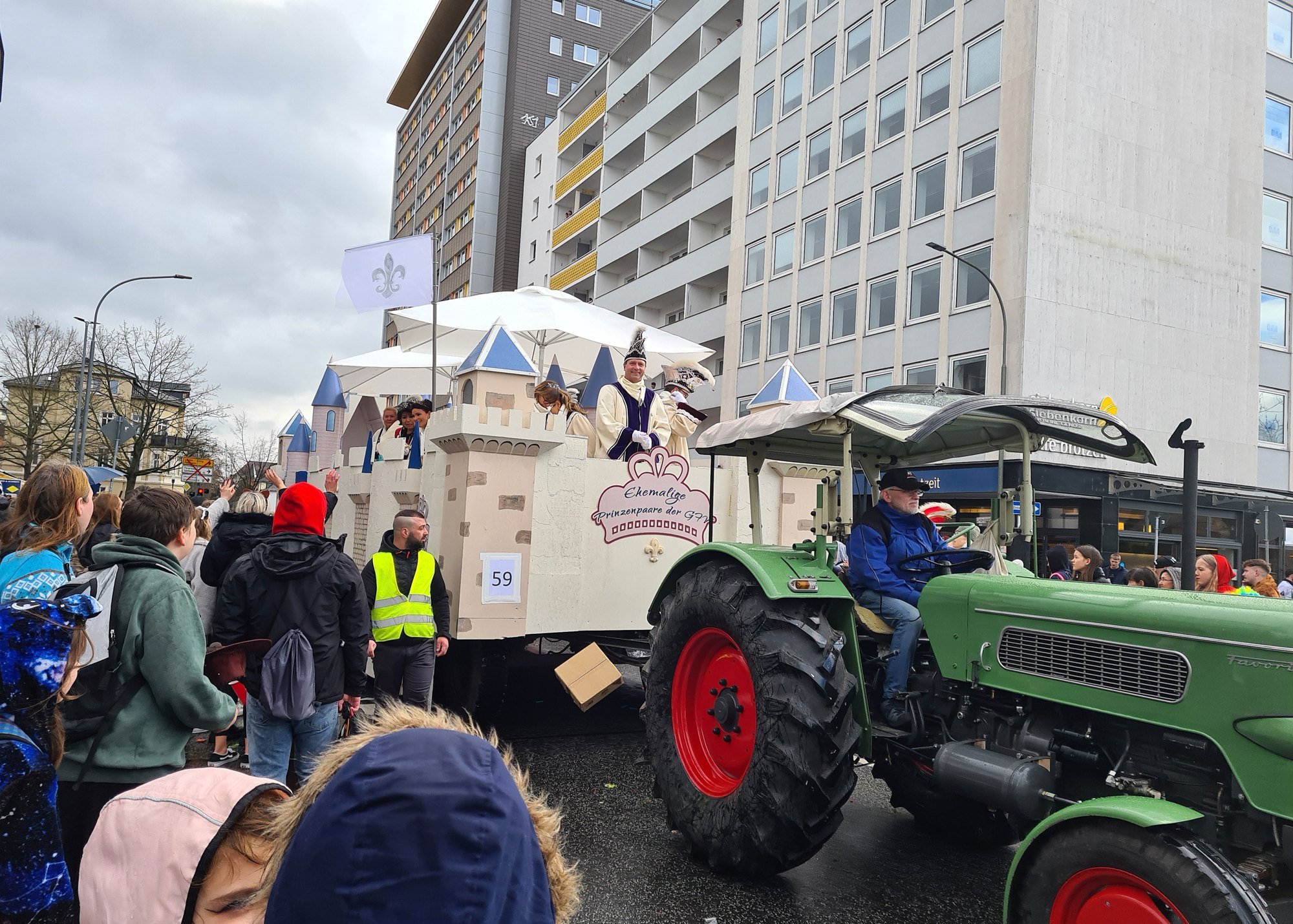
The tractors, plows, and other vehicles, decorated in whimsical ways, participated in the parade.
In Giessen, where I live, the street carnival took place on February 19th. After more than two years of interruption due to the pandemic, this year's festival attracted a great deal of attention. Many agencies, factories, brands, farms, businesses, and clubs operating in the city participated.
At exactly 2 PM, crowds streamed toward the city center, where the main streets were barricaded to make way for the parade.
Everyone was dressed in eye-catching costumes. Pretty young women shone brightly in medieval-style dresses. Boys dressed up as pirates, policemen, or clowns with bright red noses like tomatoes... Children enjoyed having their faces painted in funny designs and wearing impressive costumes like Batman, sailors, bees, and butterflies...
From afar, people could hear the lively sound of trumpets and drums. Following them, plows, tractors, and large trucks slowly advanced.
Each vehicle represents an organization, a brand, or a club... Every vehicle is decorated with fresh flowers, mannequins, or has a unique design. Some resemble a mobile tropical garden, others a glazing red furnace, or an oversized rocking doll...
Each float was fitted with a powerful loudspeaker, blasting music wherever it went, making everyone dance non-stop in the freezing weather. Inside the floats were an army of kings, queens, princes, and princesses, surrounded by dancers in glittering costumes who continuously threw confetti, candy, and toys into the crowd.
Adults and children cheered, shouting "Helau" (roughly translated as "Hura") in response as they rushed to pick up the treats. Adults laughed heartily when offered a glass of golden beer, while children were delighted when their bags were full of marshmallows and chocolates. The entire city center was bustling and lively, causing residents on both sides of the street to open their windows and wave to the passing convoy.
The parade ended, and the city returned to its normal rhythm, quiet and peaceful. But a sense of complete satisfaction was still evident in the eyes and enthusiastic voices of every participant.
They seem to shed all their daily worries to transform into their favorite characters and have the time of their lives. Perhaps that is the most valuable aspect of this colorful traditional festival, which the German people always cherish and preserve!
Source








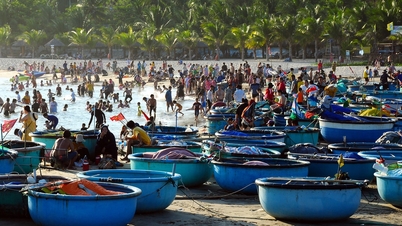



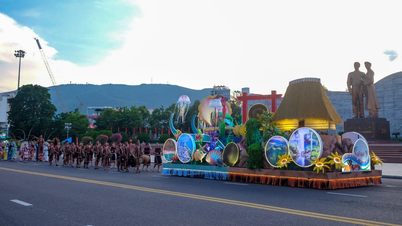

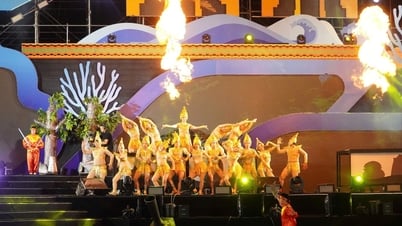


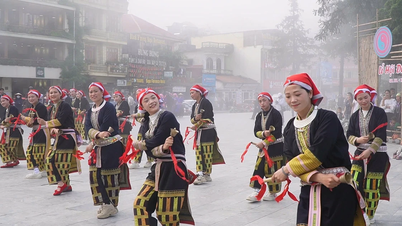

























































































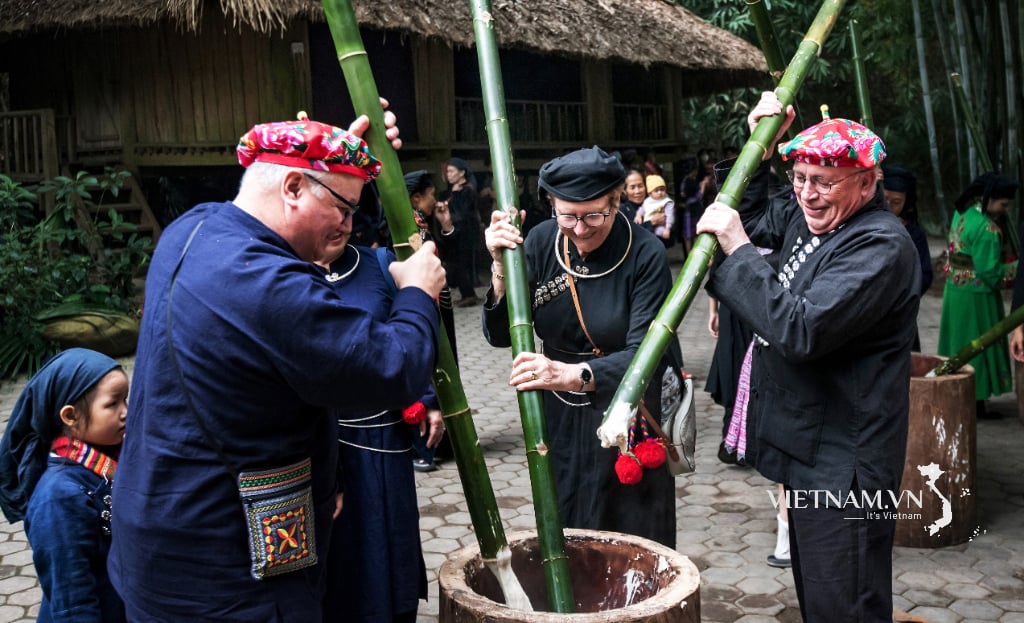


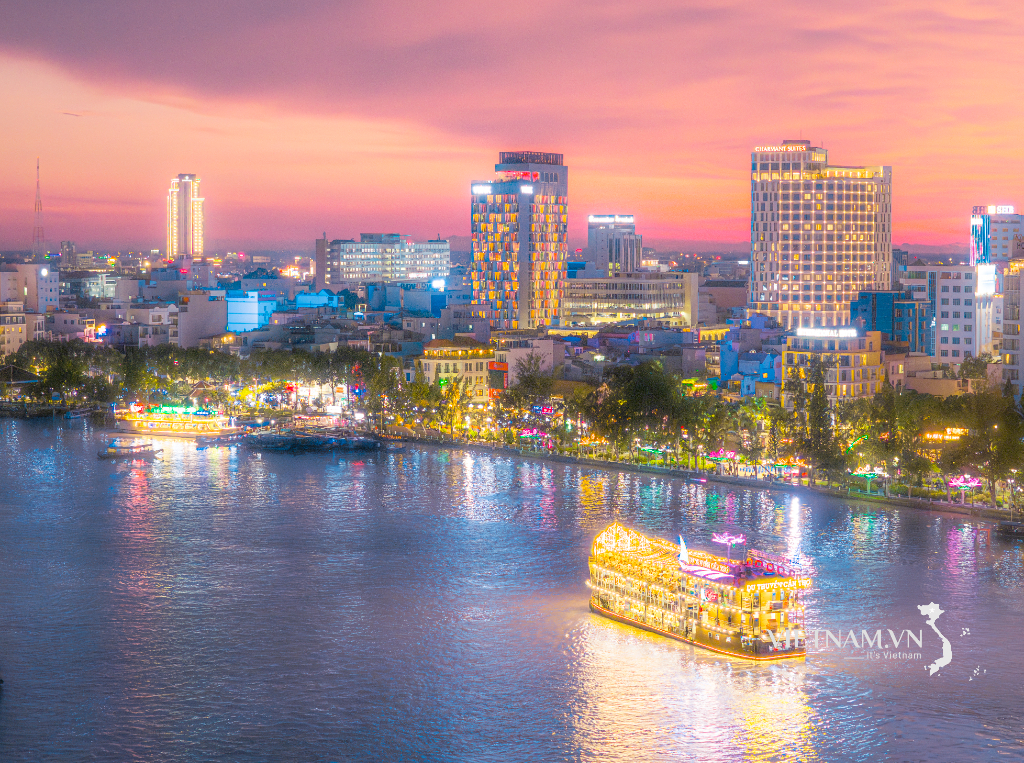
Comment (0)